The French government has highlighted the good practices of food companies that remove titanium dioxide from their recipes as the country debates banning its use by the end of this year. On a recent visit to France, Verquin Confiseur, the French Secretary of State to the Minister for the Ecological and Inclusive Transition, Brune Poirson, praised the efforts of manufacturers for voluntarily removing the food additive.
Titanium dioxide is commonly used as a pigment to bring a bright and smooth white appearance to pastries or confectionery or to opacify yogurt or ice cream and has no recognized nutritional value, according to the French minister.
Known as the artificial color E171 on European food labels, titanium dioxide is also used in candy, chewing gum, cake icing and white sauces. In cosmetic and skin care products, titanium dioxide is used as a pigment, sunscreen and a thickener.
Opponents to its use also point out that is does not increase a products shelf-life.
Last January, the National Institute of Agronomic Research (INRA) published a study on the ingestion of titanium dioxide highlighting cellular inflammation phenomena, potentially precursors of carcinogenesis. The study warns that it may pose a health risk because the nano-particles may be able to pass through the protective walls of the lungs, liver and intestines. Other studies also suspect similar effects.






